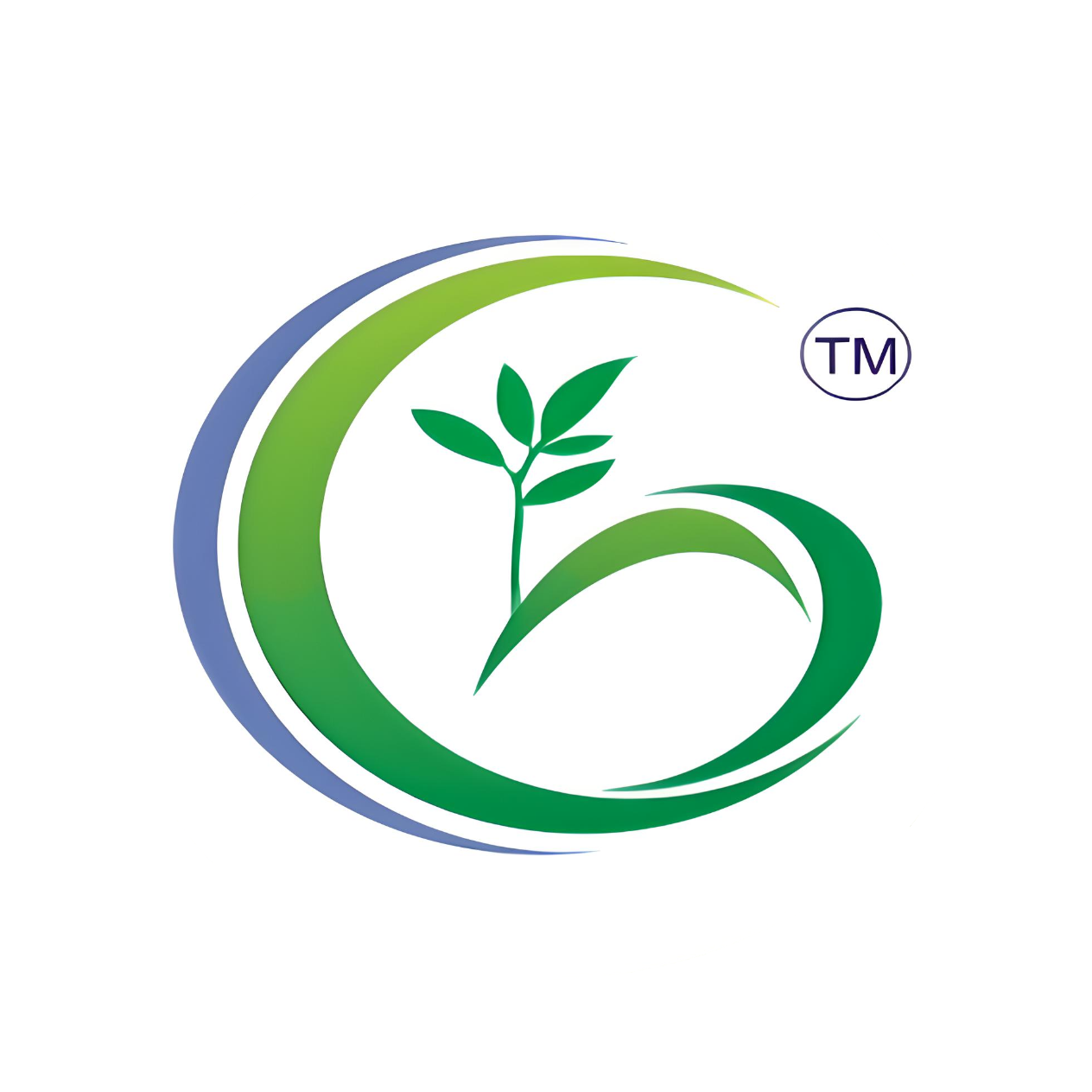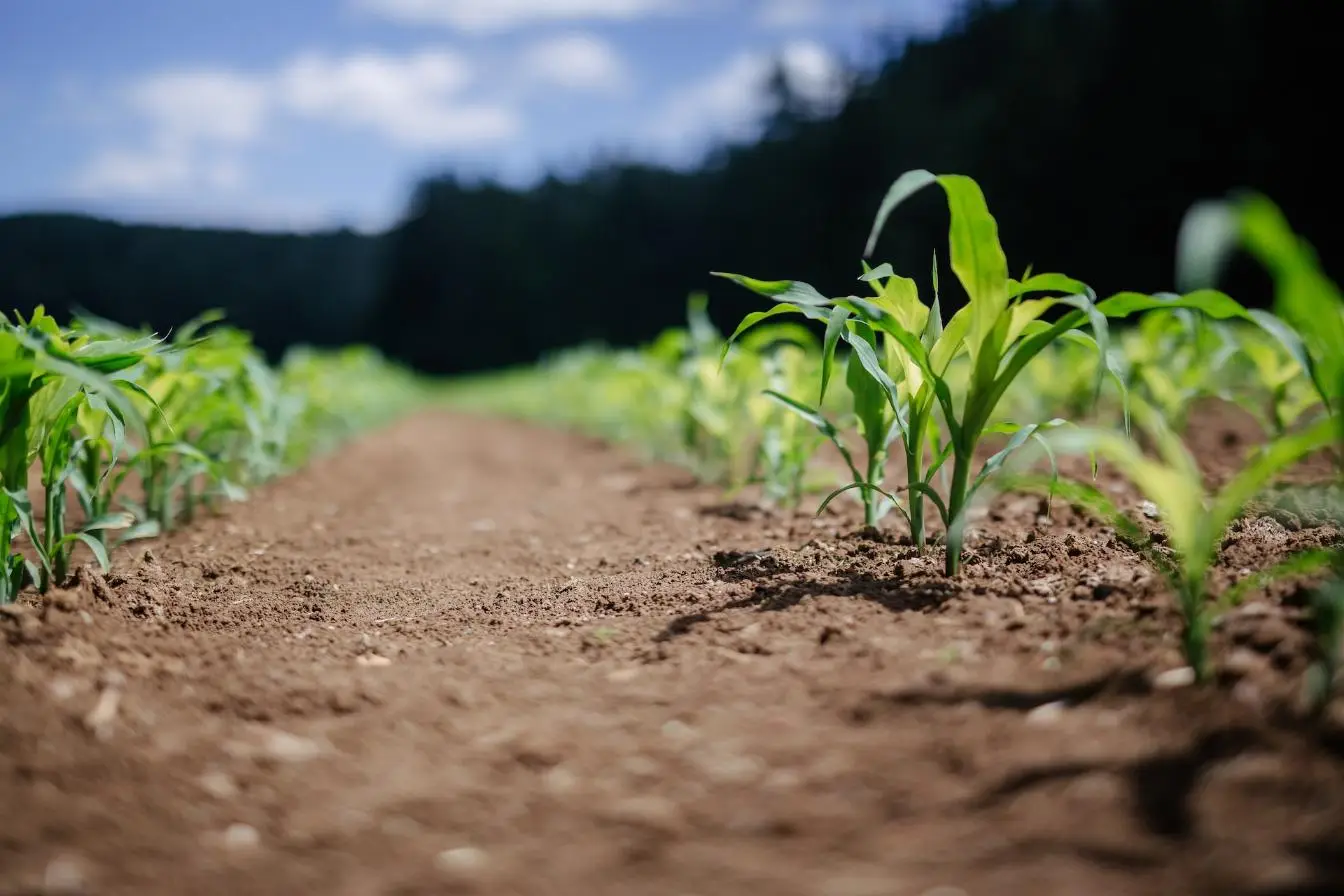
Gusto Crop Tech Private Limited

Are you looking for ways to enhance the health and nutrition of your plants? Look no further! In recent years, there has been a groundbreaking nanotechnological advancement that is revolutionizing the world of plant health and nutrition. With the use of cutting-edge nanotechnology, scientists and researchers are now able to develop innovative solutions to address the challenges faced by modern-day agriculture.
Nanotechnology involves the manipulation and utilization of materials at the nanoscale level (typically ranging from 1 to 100 nanometers). At such a small scale, the properties of materials can be significantly altered, leading to unique functionalities and improved performance.
By harnessing the power of nanotechnology, scientists have successfully developed nanomaterials that can be used to enhance plant health and nutrition. These nanomaterials are engineered to provide targeted delivery of essential nutrients, protect plants from diseases and pests, and improve overall crop yield.
One of the key benefits of nanotechnology in the field of plant health and nutrition is its ability to deliver nutrients directly to the plants in a targeted manner. Traditionally, fertilizers are applied to the soil, and plants absorb the nutrients through their roots. However, this method often results in nutrient wastage and inefficient uptake.
With nanotechnology, nutrient-loaded nanoparticles can be designed to release the nutrients directly onto the leaves or roots of the plants. This targeted delivery ensures that the plants receive the necessary nutrients in an efficient and effective manner, leading to improved growth and development.
Another significant advantage of nanotechnology in plant health is its potential to protect plants from diseases and pests. Nanomaterials can be engineered to have antimicrobial and insect-repellent properties, providing an added layer of defense for plants.
These nanomaterials can be applied as coatings on plant surfaces or incorporated into plant tissues, forming a protective barrier against harmful pathogens and pests. By preventing the infestation or infection of plants, nanotechnology helps reduce the reliance on chemical pesticides, promoting more sustainable and eco-friendly agricultural practices.
The ultimate goal of any agricultural endeavor is to achieve maximum crop yield. Nanotechnology offers a promising solution to this challenge by enhancing the overall productivity of plants.
Nanomaterials can be designed to stimulate plant growth, regulate plant hormones, and optimize nutrient absorption. These materials can also improve the efficiency of photosynthesis, enabling plants to convert sunlight into energy more effectively. With the aid of nanotechnology, farmers can expect higher crop yields, leading to increased food production and improved agricultural sustainability.
The advent of nanotechnology in the field of plant health and nutrition presents an exciting opportunity for farmers and researchers alike. By harnessing the unique properties of nanomaterials, it is now possible to overcome the limitations of traditional agricultural practices and unlock new potential in crop cultivation.
However, as with any technological advancement, it is crucial to ensure the responsible use and application of nanotechnology. Ongoing research and development efforts are necessary to comprehensively understand the long-term effects, safety, and environmental impacts of nanomaterials used in agriculture.
In conclusion, nanotechnology represents a significant breakthrough in the quest for improved plant health and nutrition. From targeted nutrient delivery to disease protection and increased crop yield, the possibilities are endless. By embracing this nanotechnological advancement, we can pave the way for a more sustainable and productive future in agriculture.